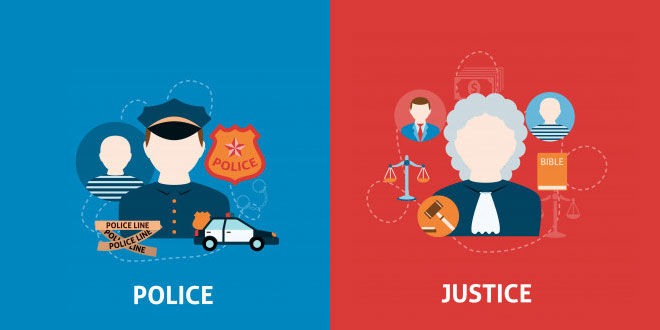Question: Why do the political executives have more power than the permanent executives?
Answer:
- In a democracy, the will of the people is supreme, and the political executive is elected by the people.
- All the political executives are answerable to the people. The people can change them if they don’t work according to the wishes of the people.
- The non-political executives are the experts in their field but political executives have to see the welfare of all.
- The experts can tell the route, but the political executives have a larger view so they decide the destination.
Question: Explain the major powers and functions of the Prime Minister.
Answer:
- Link: The Prime Minister is the link between the Cabinet and the President. The decisions of the Cabinet are conveyed to the President through the Prime Minister. It is he who keeps him informed on all matters of government.
- Formation of the Cabinet: The Prime Minister prepares the list of his Council of Ministers and sends it to the President. He can reshuffle hi? Council of Ministers whenever he likes. He can also ask any minister to resign if he is not satisfied with his working.
- Leader of the Lok Sabha: The Prime Minister presides over the meetings of the Cabinet. He maintains co-ordination between different departments of the government.
- Foreign Affairs: The Prime Minister plays an important role in the management of foreign affairs. He formulates the internal and external policies of the country.
- Leader of the Party: The Prime Minister has the main say in framing the policy of his party.
- Leader of the Nation: The Prime Minister is the most important leader of the nation. People always eagerly hear his views. His views related to any internal or external policy are heard more carefully.
Question: Explain the major powers and functions of the Parliament.
Answer:
- Legislative Powers: The Parliament can make laws on all those subjects which have been given in the Union List and the Concurrent List. Under certain cases, it can also make laws on those subjects which have been given in the State List.
- Control over Finance: The annual budget of the Central Government is passed by Parliament. Without Parliament’s approval, the government cannot impose any tax or incur any expenditure.
- Control over the Executive: The Parliament can seek information regarding administration. It can pass a resolution of no confidence against the ministry and ask it to resign. Question hours are also quite effective in keeping the government and its ministers under control.
- Amendment or New Law: No amendment can be made in the Constitution without the approval of the Parliament.
- Functions related to Elections: The Parliament elects the President, the Vice-President, Speaker of the Lok Sabha and the Deputy Speaker. Members of the Rajya Sabha elect the Vice-Chairman.
Question: Explain briefly the powers and functions of the Supreme Court.
Answer:
- Original Jurisdiction: The original jurisdiction extends to those cases which the Supreme Court has the authority to hear and decide in the first instance.
(i) Between citizens of the country;
(ii)b Between citizens and government;
(iii) Between two or more state governments; and
(iv) Between governments at the union and state level. - Appellate Jurisdiction: It is the highest court of appeal in civil and criminal cases. It can hear appeals against the decisions of the High Courts.
- Advisory Jurisdiction: As the highest court in the country, the Supreme Court gives legal advice to the President of India on any legal or constitutional matter referred to it. However, the advice is not binding on the Supreme Court.
- Guardian of the Constitution: The Supreme Court acts as the guardian and final interpreter of the Constitution. If the government passes any law or issues any order which is in violation of the Constitution, the Supreme Court has the power to declare the law or order unconstitutional.
- Guardian of Fundamental Rights: The Supreme Court also acts as a guardian of the fundamental rights of the citizens. When a fundamental right of any citizen is violated by the government or any individual he can seek the protection of the Supreme Court.
 Class Notes NCERT Solutions for CBSE Students
Class Notes NCERT Solutions for CBSE Students



